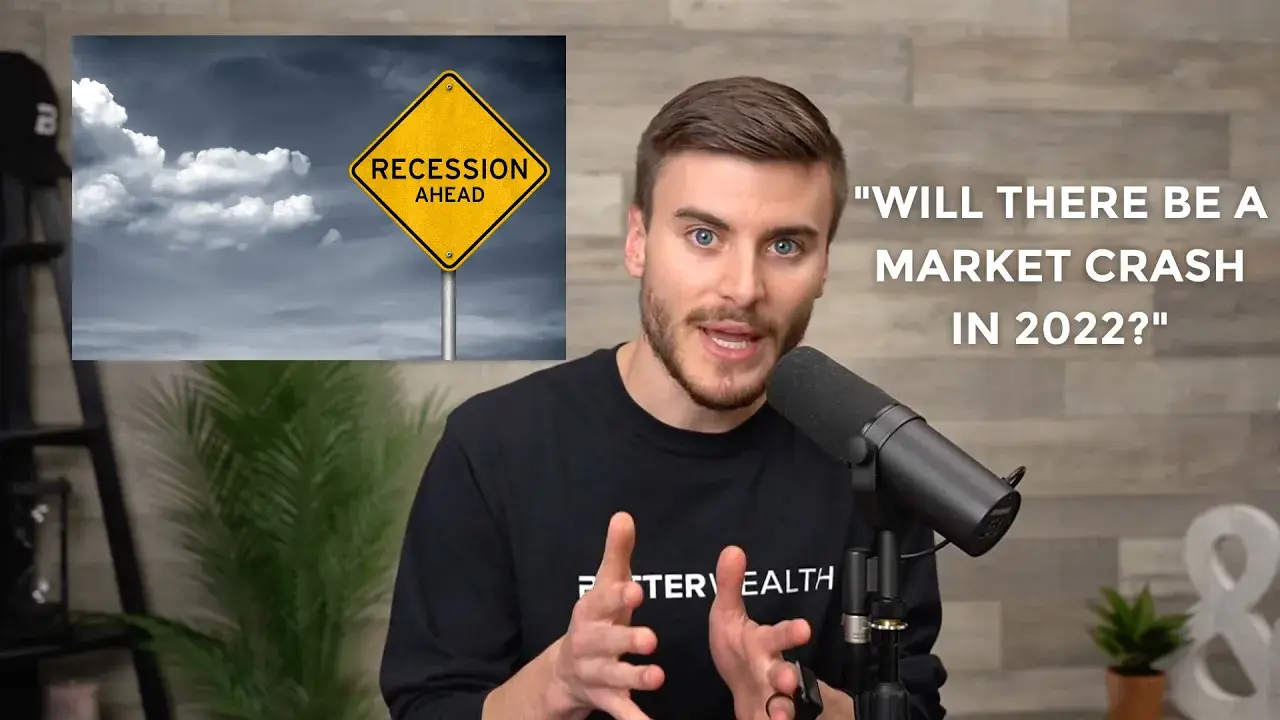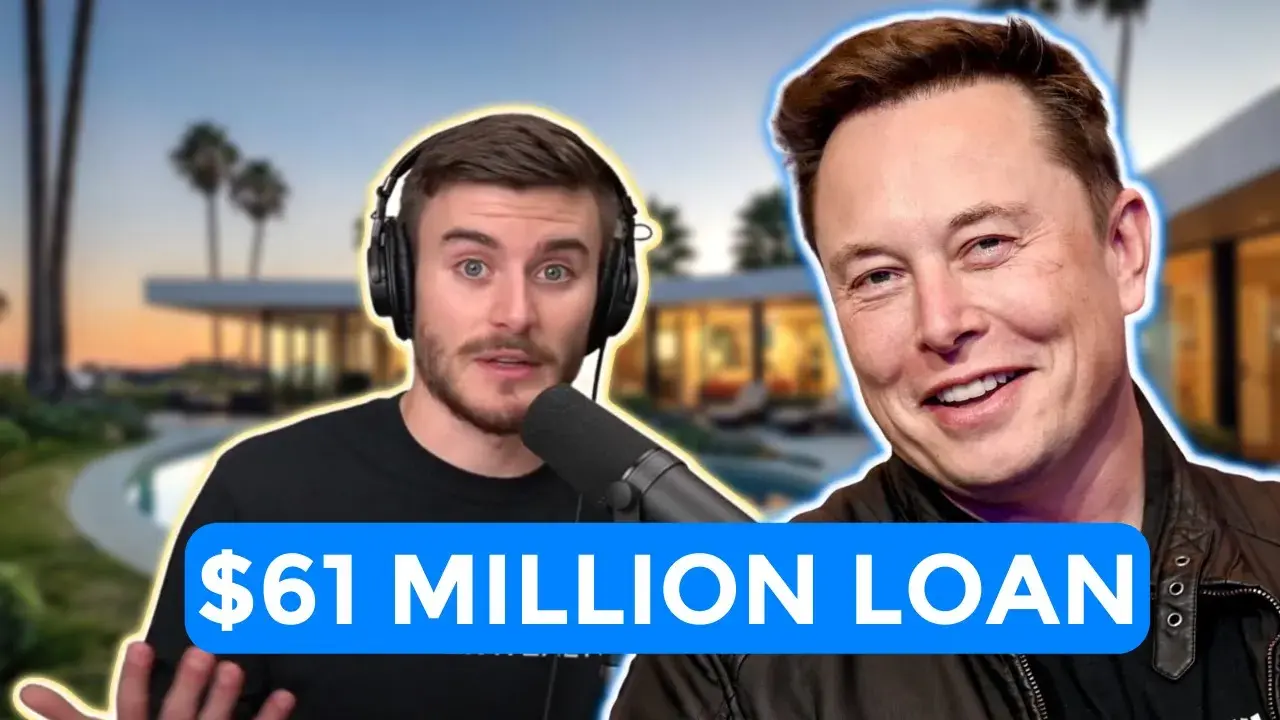Land Flipping For Beginners
BetterWealth
December 15, 2025
Have you ever wondered how someone can buy a piece of land for $300 and sell it for $1,200? It seems almost too good to be true, right? Let's dive into the process, understand the framework, and see how you can get started in this seemingly inefficient market.
A Case Study: Turning Raw Land into Profit
Let's use Caleb as a case study. He's our hypothetical seller living in Denver, Colorado. Imagine Caleb owns five acres of raw land in Arizona and owes $200 in back taxes. This situation suggests a few things:
- No emotional attachment to the land as he resides in a different state.
- Potential financial distress because the property taxes are unpaid.
The county treasurer keeps sending notifications, warning that the property could be lost to a tax deed or tax lien investor. At this point, I'll step in to assess the value of Caleb's land using the lowest comparable sales from the last 12 to 18 months. Say the lowest comparable sale is $10,000; I'll offer Caleb $2,500 for his parcel, ensuring a significant margin of safety.
The Offer and Due Diligence
Caleb, seeing $2,500 as better than nothing, accepts. My acceptance rate is generally 3-5% for such offers. With the offer accepted, I'll begin the due diligence process, which includes:
- Confirming property ownership.
- Checking the exact amount of back taxes owed.
- Ensuring a clear chain of title with no leans or encumbrances.
- Verifying legal access, roads, and neighborhood conditions.
This process is outsourced to a dedicated team in the Philippines, connected to an American title company, costing me about $11.
Selling the Property
Once everything checks out, I aim to sell the property within 30 days or less, ensuring cash flow akin to rental income. My first approach is the neighbors, as they're often interested in protecting their privacy or enjoying the expansive views.
Should the neighbors pass, I'll tap into my buyer's list. Beyond that, I'll utilize platforms like Craigslist, Zillow, Meta (Facebook Marketplace), and specialized land websites such as:
- Landmodo.com
- Landandfarm.com
- Landsamerica.com
- Landflip.com
- Landhub.com
The Sale's Magic: Owner Financing
The magic is in how I sell it. I ask for a $2,500 down payment and then offer affordable financing at $339 a month with a 9% interest rate over 84 months. This way, buyers can own Caleb's five-acre parcel without hassle.
This setup provides consistent monthly income without the typical landlord headaches such as tenants or property maintenance. Plus, being free from tenants means exemption from real estate legislation like Dodd-Frank, RESPA, and the SAFE Act.
Smarter Land Flipping, Smarter Financial Growth
The ultimate goal of land flipping is to build enough passive income from land notes to cover your fixed expenses. That way, you have the freedom to work because you want to, not because you have to. If you're exploring how to make this part of a larger financial plan, just click the big yellow button to talk with a coach!
Frequently Asked Questions
Is land flipping profitable for beginners?
Yes, land flipping can be profitable for beginners if done with research and discipline. Starting with low-cost properties and focusing on areas with rising demand improves your chances of success.
How much money do I need to start flipping land?
You can begin land flipping with as little as a few hundred to a few thousand dollars, especially if you target tax-delinquent properties or wholesale deals.
What are the risks involved in land flipping?
Common risks include overpaying, poor location selection, legal title issues, and slow sales. Doing due diligence and working with experts can help reduce these risks.
How long does it take to flip a piece of land?
Timelines vary depending on market conditions, but many beginner land flippers complete a deal within 30 to 90 days from acquisition to sale or note creation.
Do I need a real estate license to flip land?
No, a real estate license is not required to flip land. However, understanding basic real estate laws and working with a licensed professional for complex deals can be beneficial.
.png)


